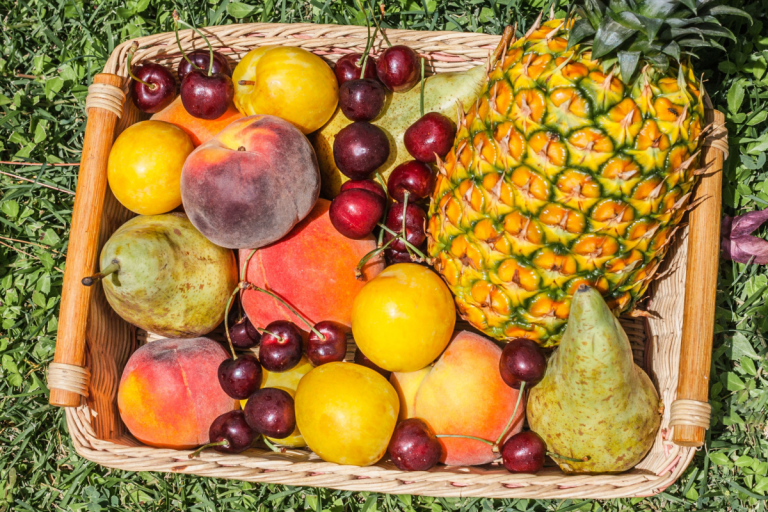Modern diets rely heavily on a small number of crops, with wheat, corn, and rice providing 50% of the world’s daily calories. While convenient, this dependence limits the variety of nutrients consumed. Experts argue that eating 30 different plant species a week could significantly improve health, yet many people struggle to identify that many. The issue reflects both dietary limitations and a wider disconnection from the natural world.
Lessons from Foraging
In 2020, one researcher undertook a year-long experiment in Scotland, surviving entirely on wild, foraged foods. Over the course of that year, they consumed 300 plant species, 21 seaweeds, and 87 mushrooms — a diet comparable to that of traditional hunter-gatherers. Indigenous communities often maintain this deep knowledge, with even young children able to identify hundreds of edible species. Such variety provides not just calories but essential micronutrients, antioxidants, and compounds that protect against inflammation and disease.
Findings from the Wildbiome Project
The Wildbiome Project studied 120 participants who ate exclusively wild foods for one to three months in 2023 and 2025. Preliminary results indicate broad improvements in health, including unexpected benefits across multiple conditions. These findings will be published soon in an open-source, peer-reviewed journal, adding evidence to the argument that dietary diversity can have transformative health effects.
Decline in Ecological Knowledge
The struggle to name even basic fruits and vegetables reflects a broader decline in ecological literacy. Fewer people can now identify trees, birds, butterflies, or insects compared to past generations. This lack of familiarity contributes to a diminished awareness of biodiversity loss. When species vanish without names or recognition, society is less likely to notice or act, reinforcing the cycle of decline and extinction.
The push to diversify diets is not only a matter of personal health but also of cultural and ecological importance. Expanding our awareness of edible plants reconnects us with nature while offering the variety of nutrients our bodies need. Without this knowledge, we risk both poor health and a failure to recognize the species disappearing around us.


